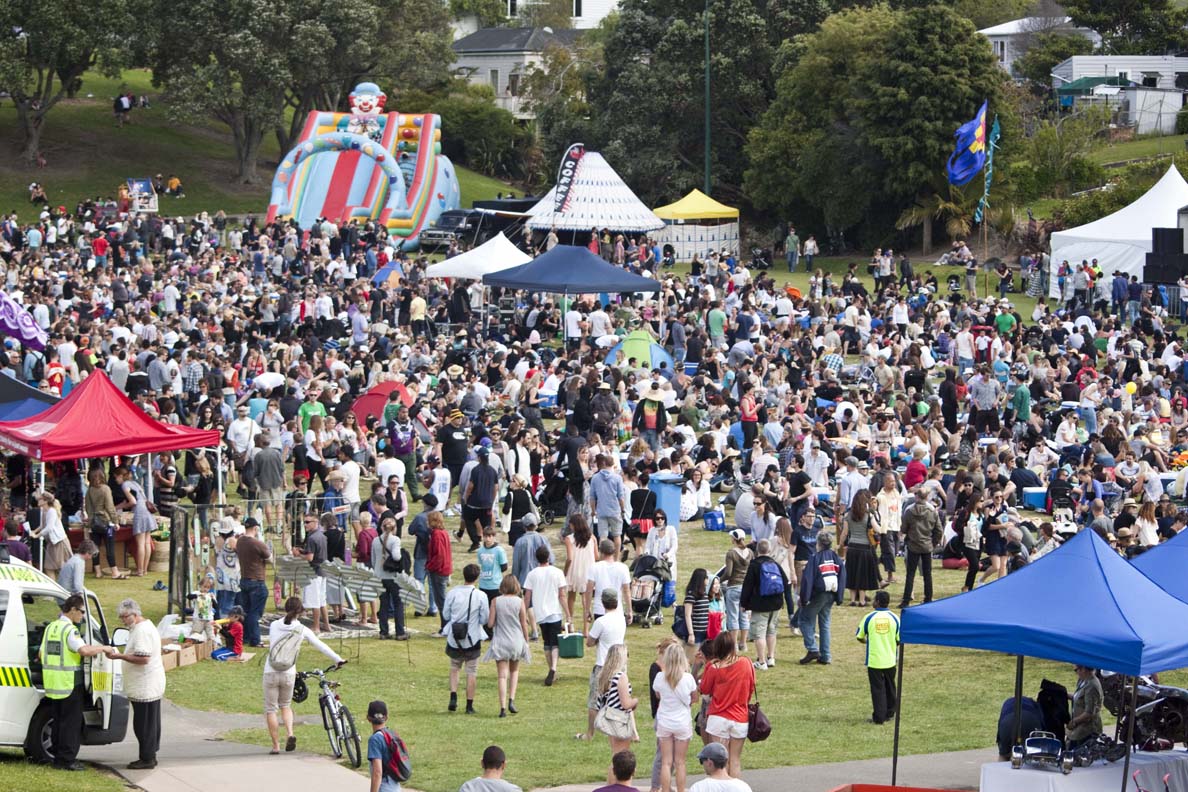Know me. Believe in me. Kia mārama mai, kia whakapono mai
Author:
The Southern Initiative, Auckland Co-Design Lab, Ministry of EducationSource:
The Southern Initiative | Auckland CouncilPublication date:
2020Topics:
PeopleFrom the executive summary:
In late 2018 the Ministry of Education (MOE) approached The Southern Initiative and the Auckland Co-Design Lab (TSI-Lab) to collaborate on an innovation initiative that also built MOE capability. The
MOE was interested in the use of co-design and the upskilling of MOE staff and partners in this approach. This report describes the first part of an innovation process using co-design that began in 2019 which has looked at attendance, engagement and wellbeing of rangatahi in mainstream education. It has been made possible through the commitment of a host of community educators, community partners, whānau and rangatahi and with funding from the Department of Internal Affairs Partnership Innovation Fund.
To begin the design team scanned available evidence and existing initiatives related to the complex issues of attendance, wellbeing and engagement, which is tied up with longstanding inequity in Aotearoa particularly for Māori and Pasifika ākonga—learner(s). After several decades of research and initiatives there has been no easy fix.
The benefit of using a co-design approach to look at this complex issue is to learn from the lived experience of rangatahi and also to support them, their educators and their whānau to shape local solutions to attendance, engagement and wellbeing. Designing alongside members of the community will create a useful feedback loop into those shaping the education system. At the same time design practitioners are sharing design practice with MOE staff, educators and the community building their capability in design approaches that can be applied in their own lives and work
Two main questions shaped the innovation and codesign process:
How might we collaborate with young people, whānau, schools, the community and each other to design ways of working that lead to better attendance, engagement and wellbeing for all our students now and in the future?
How might we better understand the conditions and capability needed to share innovation between schools and foster innovation within the MOE?
The MOE regions of Auckland and Bay of Plenty chose to participate. The TSI-Lab worked with the regional office and schools in Auckland, and partnered with the Innovation Unit (IU) who supported the process in the Bay of Plenty. This report outlines the approach taken in each location—Manurewa in South Auckland and Rotorua in the Bay of Plenty—as well as what was learnt in each place.
In Auckland a multi-disciplinary design team built relationships with schools belonging to two different Kāhui Ako in Manurewa. With the help of staff, they undertook empathy interviews which surfaced insights into the lived experience of rangatahi, educators and parent-caregivers about school and learning.
Some of these insights included:
- Relationships and empathy are the key to learning
- Transition, particularly the move to high school, is hard for a large group of rangatahi
- Core subjects need to be culturally grounded to address racism and to achieve equitable learning experiences for Māori and Pasifika students
- Māori and Pasifika students are filtered out of key subjects
The team also framed insights based on their observations of the system from research, working with schools and the MOE. These have created the basis for opportunity areas for collective innovation and testing with the local community and with schools e.g. collaboration across the system is still tricky.
The Rotorua case study highlights the impactful work of Tūhono Tangata ki a Kāhui Ako, an achievement challenge from the Rotorua Central Kāhui Ako and the intentional activities undertaken in partnership with the MOE Regional Office to scale this innovation. Underpinning this impactful work lies the influence of mana wāhine, powerful leadership practice by Māori women across the Kāhui Ako and MOE.
June 2020
See also
